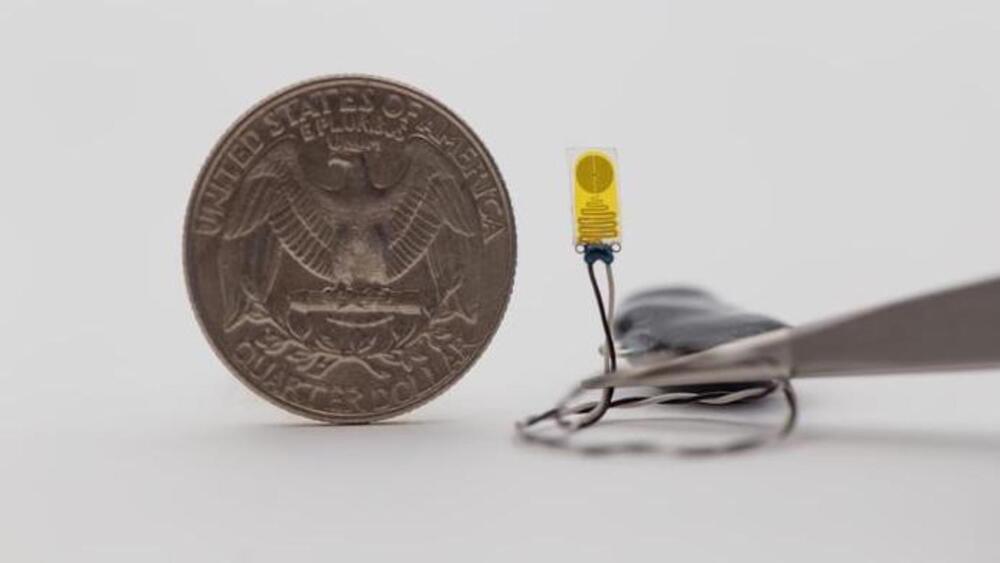The device is the size of a fingernail, is Bluetooth-enabled, and has a coin battery.
After an organ transplant, the body either accepts the organ or rejects it. All patients have some amount of acute rejection, but hyperacute rejection is when the body vehemently rejects the organ and it must be removed immediately to save the life of the patient. And then there’s chronic rejection, which can take many years as the body’s immune response towards the new organ slowly damages the transplanted tissues or organ.
So, how do we detect early on that an organ transplant has failed? The gold standard is currently via a biopsy, performed periodically to detect rejection early before symptoms develop.
